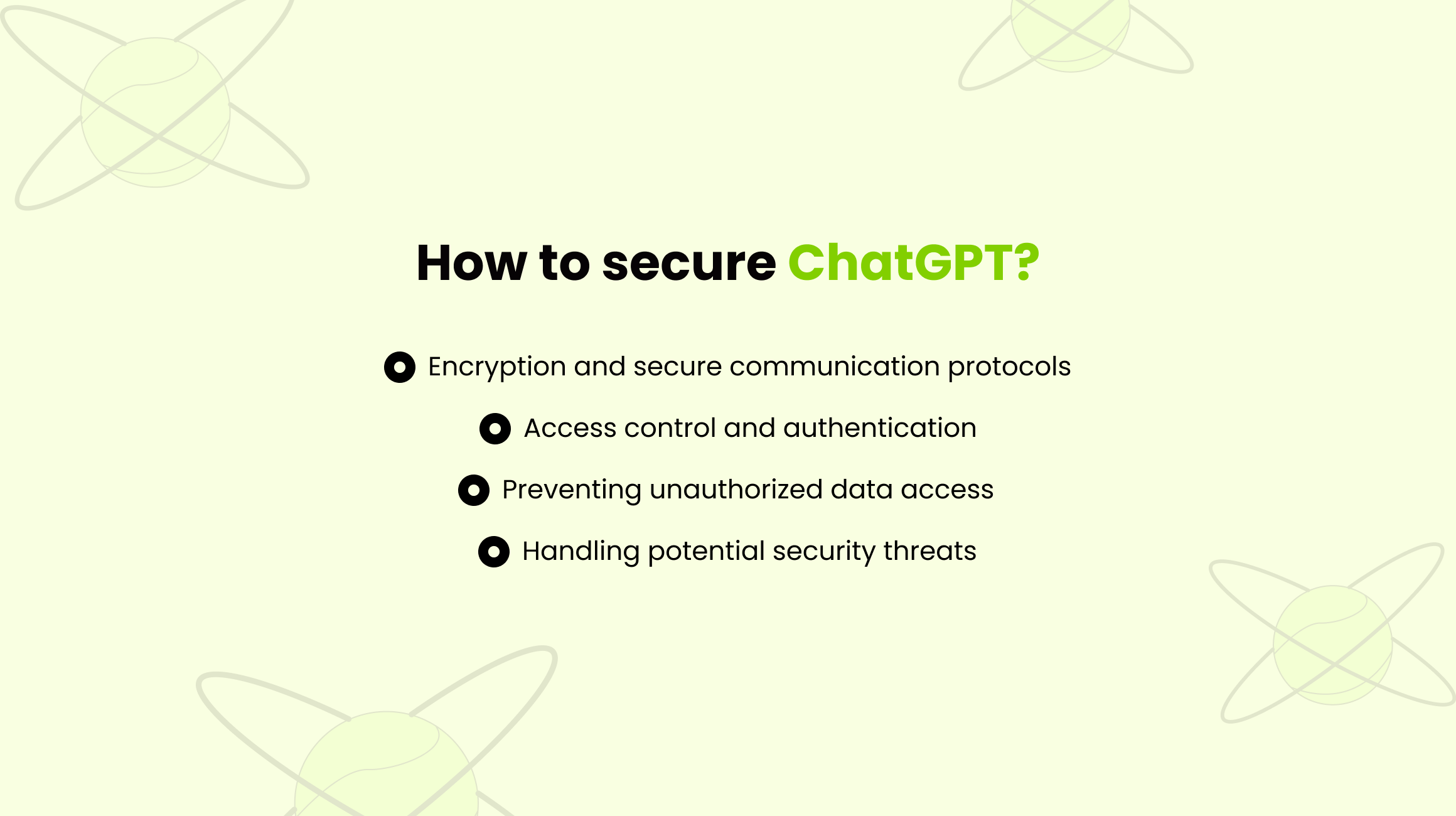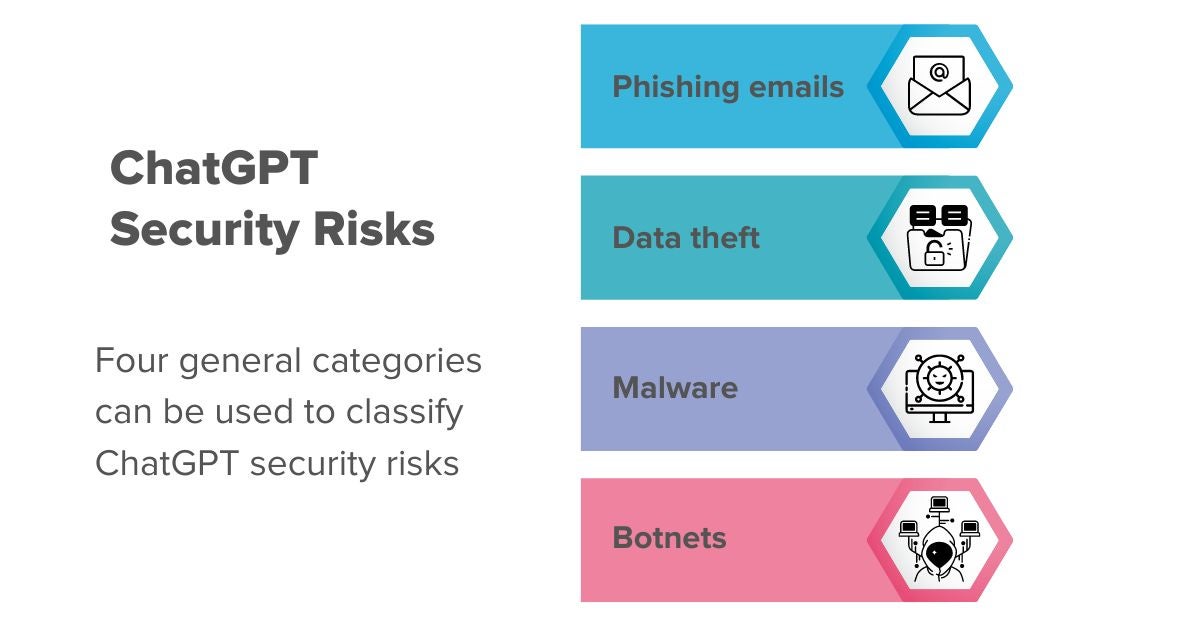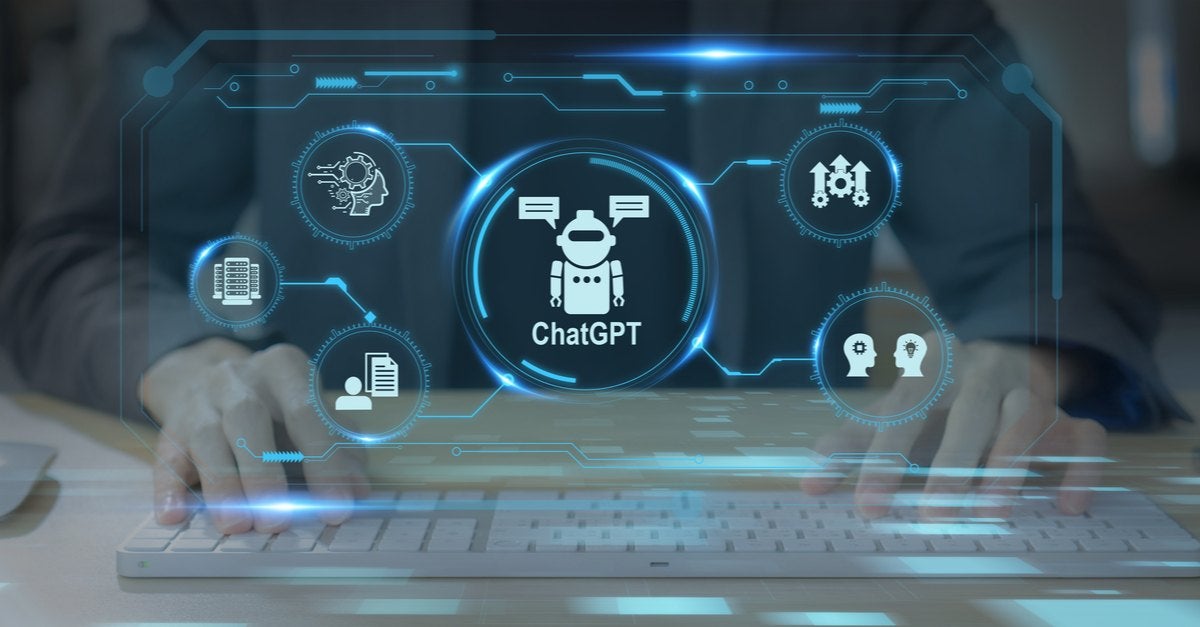Understanding the Security of ChatGPT Conversation
Artificial Intelligence has transformed the way individuals engage with technology. Among the notable AI models is ChatGPT, renowned for its human-like responses. However, with technological advancements come concerns regarding data privacy and security.
Data Handling and Security Measures
ChatGPT processes user inputs to generate responses, temporarily storing data during conversations. OpenAI, the organization behind ChatGPT, has clear policies on data management. While some data logs are retained for system enhancement, inputs are not permanently stored in most instances. To enhance security, the system offers the ability to disable chat history, preventing data storage for model training.

For enterprise users, OpenAI provides enhanced privacy features such as data encryption, user authentication, and customizable retention policies, catering to businesses handling sensitive information.
Encryption for Data Transmission
Encryption protocols safeguard data during transmission, protecting against potential threats like man-in-the-middle intrusions. This security layer ensures that only authorized parties can access the information, fostering trust among users engaging in sensitive communications.
Cybersecurity and Vulnerability Management
Despite robust cybersecurity measures, ChatGPT remains susceptible to potential cyber threats, particularly data breaches. Developers continuously refine the model to prevent exploitation of vulnerabilities that may compromise information security. Regular vulnerability assessments and penetration testing aid in identifying and mitigating system weaknesses.

Regulatory Compliance and Ethical Considerations
OpenAI ensures compliance with data protection regulations like the GDPR and CCPA, prioritizing transparency in data handling and user consent. GDPR-compliant systems empower individuals to request data deletion, reinforcing trust in the platform.
Security Considerations in Different Use Cases
Various sectors utilizing ChatGPT, such as healthcare, customer support, and education, necessitate tailored security measures to safeguard sensitive information and prevent unauthorized access.
Best Practices and Ethical Framework
Implementing best practices such as data minimization, access controls, and incident response plans enhances the overall security of ChatGPT. Ethical considerations, including preventing misuse and ensuring transparency in data usage, are integral to maintaining a secure environment.

Future Enhancements and Challenges
As technology advances, the security landscape evolves, demanding continuous improvement in securing conversational AI platforms. Future developments in encryption algorithms and real-time monitoring systems aim to strengthen ChatGPT against emerging threats.
Conclusion
The security of ChatGPT conversations relies on technical measures, regulatory compliance, and ethical standards. By understanding and implementing best practices, users and developers can collaborate to uphold a secure and trustworthy environment for AI-driven interactions.










